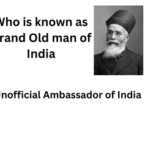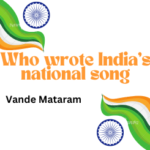The Supreme Court expanded Right to be Forgotten: Basics Explained


Expanding the ambit of the right to privacy and the right to be forgotten, A bench of justices Sanjay Kishan Kaul and MM Sundresh directed its registry to work out a mechanism allowing details of an estranged couple to be removed from search engines and the internet.
The apex court made the plea on the petition of an estranged wife who contended that the availability of the names, addresses, and other personal information on the web violated her right to be forgotten which has been acknowledged as part of the right to privacy by the top court in its landmark 2017 judgment.
The concept of the right to be forgotten, also known as the right to erasure, is that individuals have a civil right to have their personal information removed from the internet. In simple terms, the “right to be forgotten” is the right to have publicly available personal information removed from the internet, search, databases, websites, or any other public platforms, once the personal information in question is no longer necessary, or relevant.
It allows a person to seek deletion of private information from the Internet. The concept has found recognition in some jurisdictions abroad, particularly the European Union. While the right is not recognized by law in India, courts in recent months have held it to be an intrinsic part of the right to privacy.
The EU 2018 adopted the General Data Protection Regulation (GDPR), Article 17 of which provides for the right to the erasure of certain categories of personal data — that which is considered no longer necessary, that for which consent has been withdrawn or processing of which has been objected to, personal data unlawfully processed, and data where there is a legal obligation for erasure. However, the regulations limit the right to erasure in certain circumstances, including for reasons of public interest in the area of public health, for archiving purposes “in the public interest, scientific or historical research purposes or statistical purposes in accordance” and for “establishment, exercise or defense of legal claims.”
In the landmark case of K.S. Puttaswamy v. Union of India, the Supreme Court recognized the right to be forgotten as part of the right to life under Article 21 — a legal principle that is not yet backed by statute in India.




0 Comments